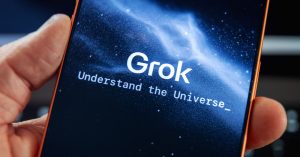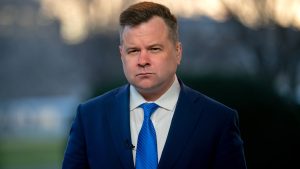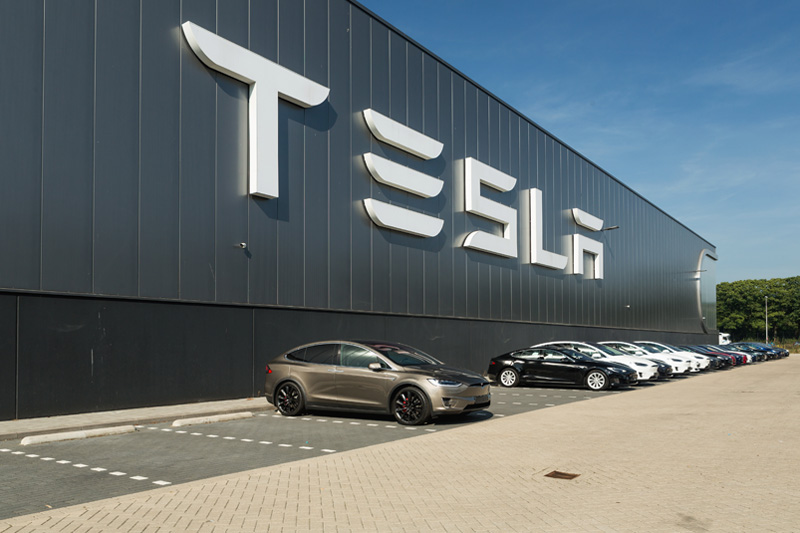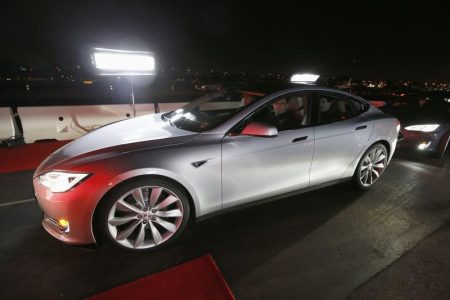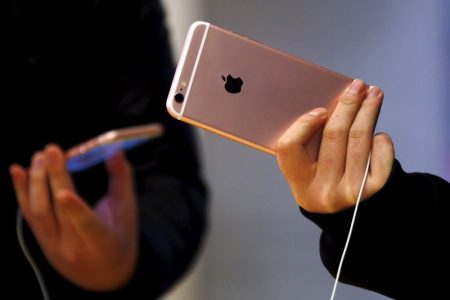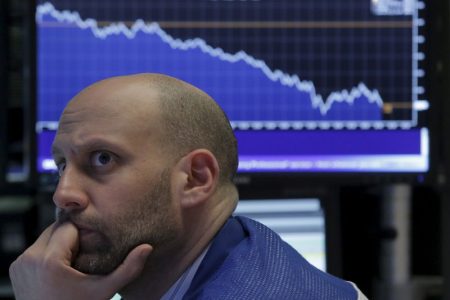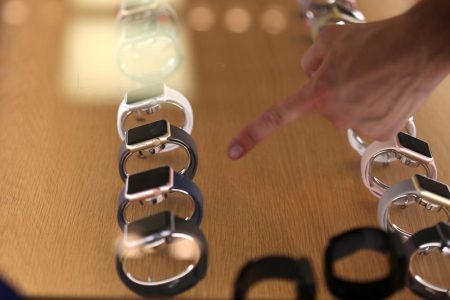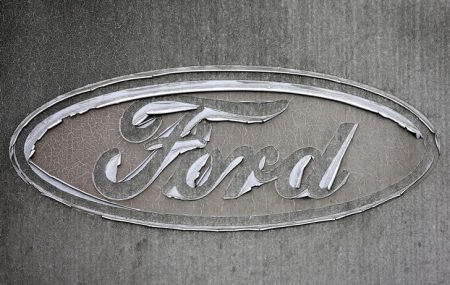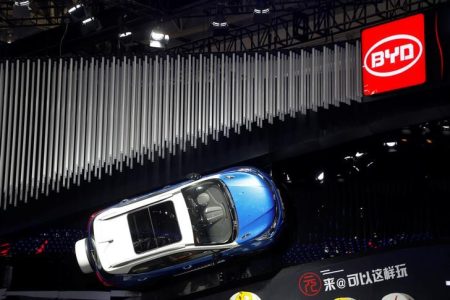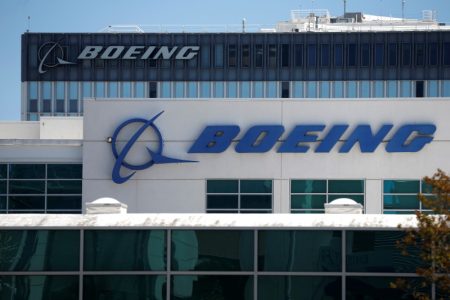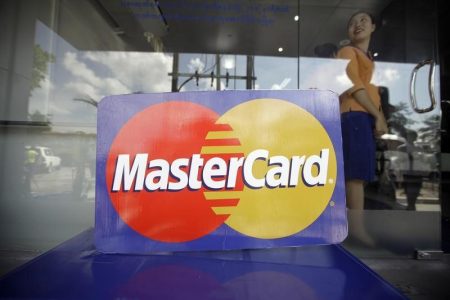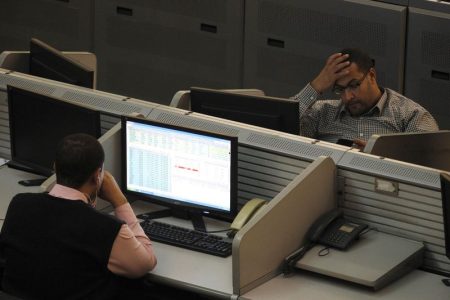© Reuters. FILE PHOTO: Tesla logo is seen on the steering wheel of an electric vehicle at a dealership in Durango, northern Spain, October 30, 2023. REUTERS/Vincent West
By Jonathan Stempel
(Reuters) – A U.S. judge dismissed an antitrust lawsuit accusing Elon Musk’s electric car company Tesla (NASDAQ:) of forcing customers to pay high prices and suffer long waits for repairs by monopolizing the markets for vehicle maintenance and replacement parts.
In a Friday night decision, U.S. District Judge Trina Thompson in San Francisco said customers in the proposed class action failed to show either that the alleged problems were “not generally known” when they bought their vehicles, or that they could not predict the costs to keep their vehicles running.
She also said customers could not prove that Tesla coerced them into using its services and parts simply because they had bought their vehicles in the first place.
“To be sure, plaintiffs allege that defendant misled them about…how much maintenance its EVs are designed to need and how long that maintenance ought to take,” Thompson wrote. “But nowhere do plaintiffs allege that consumers are in fact unaware of the supposedly supracompetitive prices and exorbitant wait times.”
The judge also dismissed claims under California consumer protection laws.
She said customers may choose to amend their complaint, which combined five lawsuits and covered drivers who have paid for Tesla repairs and parts since March 2019.
Lawyers for the customers did not immediately respond on Saturday to requests for comment.
According to the complaint, drivers whose vehicles are powered by traditional engines can have repairs done at dealerships or independent shops, and use parts made by original manufacturers or other companies.
Customers said Tesla differs by requiring them to have vehicles serviced by the Austin, Texas-based company or its approved service centers, and use only Tesla parts.
Tesla sells its vehicles directly to consumers, instead of using a network of franchisees.
It reported $6.15 billion of services and other automotive revenue from January to September, accounting for 9% of its $71.6 billion total revenue. Vehicle sales accounted for $57.9 billion, or 81%, of total revenue.
The case is Lambrix v Tesla Inc, U.S. District Court, Northern District of California, No. 23-01145.
Read the full article here

